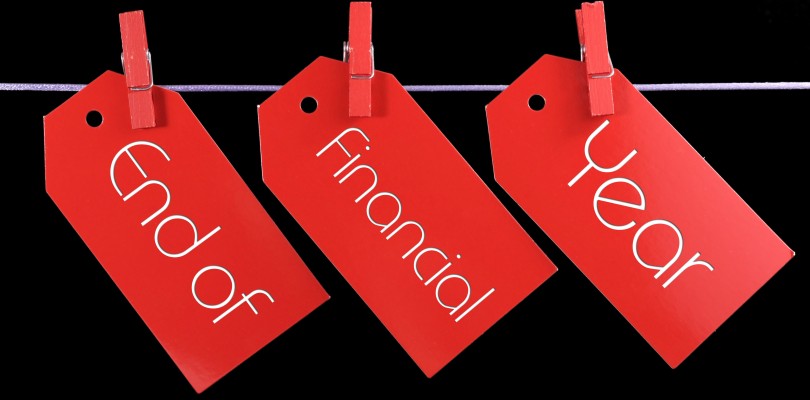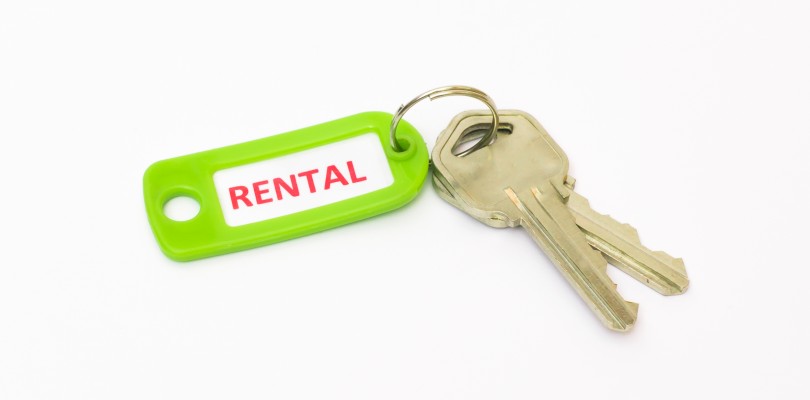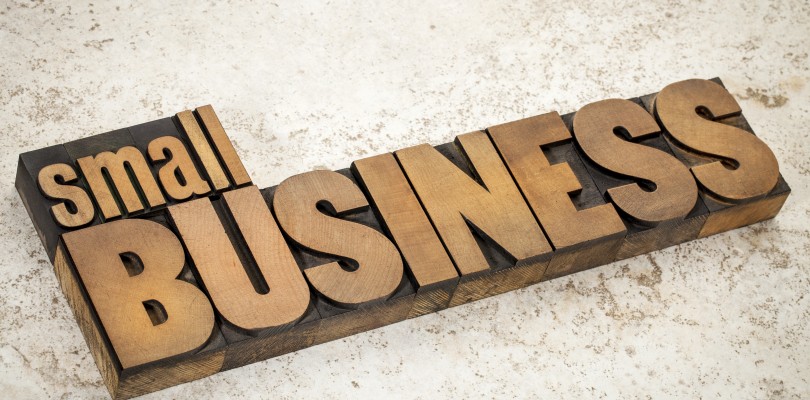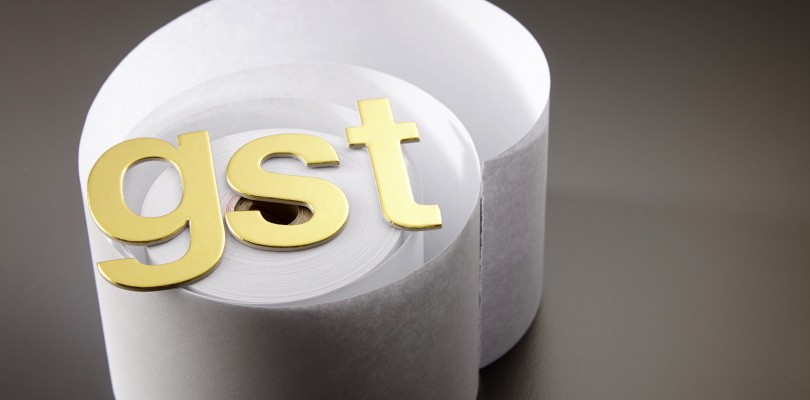Traditionally, 30 June each year brings forth a rash of initiatives through which the level of taxation for the current financial year may be reduced. Consult your tax advisor about tax planning for 30 June 2020 as follows:
Timing of Income
Where possible, defer receipt of assessable income until after year end.
Timing of expenses
Where possible, incur deductible expenses prior to year end.
Instant asset write off
New or secondhand business assets first used or installed ready for use in business from 12 March 2020 to 30 June 2020, eligible for write off cost of up to $150,000 – i.e. an immediate 100% tax deduction.
Bad debts
Review debtors and, where debts are unrecoverable, physically write off before year end to claim a tax deduction.
Trading stock on hand
Scrap any obsolete or damaged stock before 30 June.
Superannuation
Ensure payments for employees or by self-employed persons are physically made (and received) on or before 30 June.
Pre-payments
Immediate deductions are available for:
- Pre-payment of salary
- Expenses <$1,000
- Individuals, for non business expenses incurred on or before 30 June for the next twelve months – e.g. interest on rental property
Superannuation rebates
Contributions made on behalf of a low or no income spouse of up to $3,000 can attract an 18% rebate – i.e. $540.
Superannuation co-contributions
The Government will contribute up to a maximum $500 to add to eligible employees’ personal contributions to superannuation funds of up to $1,000, subject to an assessable income (reportable fringe benefits, reportable employer superannuation contributions and salary sacrifice superannuation contributions) limit of $38,564, phasing out at $53,564, subject to age, income and total superannuation balance.
Motor vehicle expenses
Where significant employment or business use of a personal motor vehicle is claimed, maintain a log book for twelve weeks to maximise the tax deduction and keep records of all expenses. The log book must be renewed every five years and can be kept in an electronic or paper format.
Record the financial year end odometer reading.
Small businesses (turnover <$10m) can claim an instant deduction for motor vehicles used for business 100% and costing up to <$30,000 (this concession is extended to 30 June 2020 – the pandemic instant asset write off for new or secondhand assets 100% business use increased to $150,000 from 12 March 2020 to 30 June 2020).
Plant and equipment
Review your asset schedule to scrap obsolete, worn out, lost or stolen items to maximise your depreciation claim.
Delay the disposal of any plant and equipment likely to be profitable in terms of written down value until 1 July.
Small businesses (turnover <$10m) can claim an immediate deduction for assets acquired, first used or installed ready for use, costing under $30,000 (GST exclusive). The $30,000 limit increased to $150,000 from 12 March 2020 to 30 June 2020.
Home office expenses
If carrying on a business from your home, pro rata tax deductions for interest or rent, insurance etc are available but impact on the main residence exemption from capital gains tax.
Directors’/employees’ entitlements
Ensure any 2020/2021 salary packaging arrangements are in place before the commencement of the new tax year.
Bonuses and fees for the 2019/2020 year need to be approved at meetings and in place prior to 30 June 2020 but may be paid in the subsequent year.
Private company loans
Any loans to shareholders or associates during 2019/2020 need to be repaid on or before 15 May 2021 unless a formal loan agreement is put in place, with annual minimum principal repayments and interest.
Sale of investments
Delay the sale until after year end where a gain is anticipated to defer tax for a year.
Crystallise any capital losses in the tax year to offset against any gains made in the same year.
Timing of disposal under a contract for capital gains tax purposes is generally the date of making the contract, not settlement.
Capital gains tax concession
Assets need to be held for at least twelve months to access the 50% discount for individuals and trusts and the 33⅓% discount for superannuation funds.
Ceasing business / sale of business assets
Consider redundancy payments for employees.
Plan “golden handshake” payments for after the tax year end.
Small business capital gains tax relief measures may be available for:
- 15 year exemption
- 50% reduction
- Retirement exemption
- Replacement asset rollover
PAYG payment summaries
Summaries and summary statements for employees are required by the ATO by 14 August, otherwise substantial penalties apply.
Superannuation fund expenses
All expenses of a fund ought to be paid by the fund in order to claim a tax deduction.
Depreciable plant costing $300 or less
Salary and wage earners and rental property owners will be entitled to an immediate deduction if plant for work related purposes costing $300 or less is purchased before 1 July 2020. Some purchases you may consider include:
- Books and trade journals
- Briefcases/luggage or suitcases
- Calculators, electronic organisers
- Software
- Stationery
- Tools of trade
Clothing expenses
Purchase and pay for work related clothing/expenses prior to the end of the income year, such as:
- Compulsory, non-compulsory (and registered) occupational specific and protective clothing
- Other expenses associated with such work related clothing such as dry cleaning, laundry and repair expenses
Self-education expenses
Consider pre-paying the following self-education items before the end of the income year:
- Course fees (but not HELP fees), student union fees and tutorial fees
- Interest on borrowings used to pay for any deductible self-education expenses
Also, bring forward purchases of stationery and text books (i.e. those which are not required to be depreciated).
Other work related expenses
Employees can pre-pay any of the following expenses prior to 1 July 2020:
- Union fees
- Subscriptions to trade, professional or business associations
- Magazine and newspaper subscriptions
- Seminars and conferences
- Income protection insurance (excluding death and total/permanent disability)
Note: When pre-paying any of the above expenses before 1 July 2020, ensure that any services are provided within 12 months of the payment and before 1 July 2021. Otherwise, the deductions must be claimed over the period of the pre-payment. Any expense under $1,000 is exempt from pre-payment rules.
To ensure you don’t miss out on saving yourself $$$, CONTACT US TODAY about tax planning 30 June 2020.


